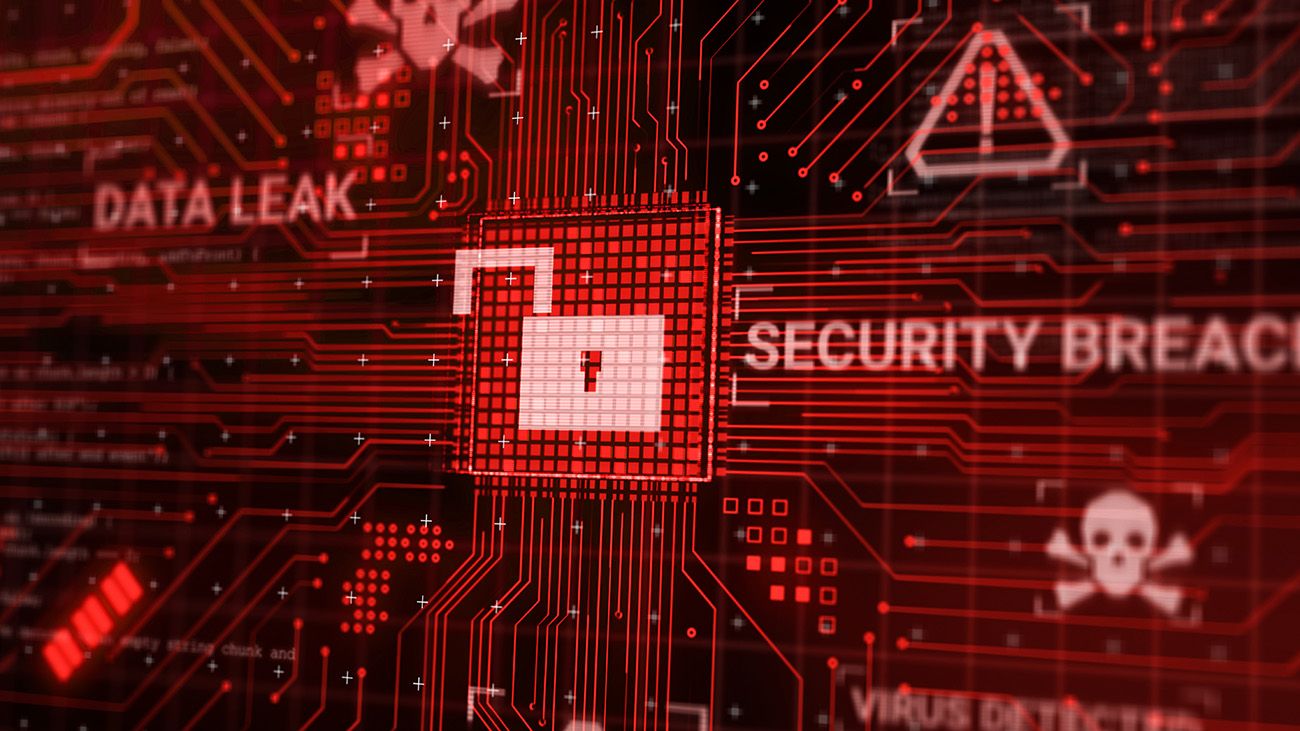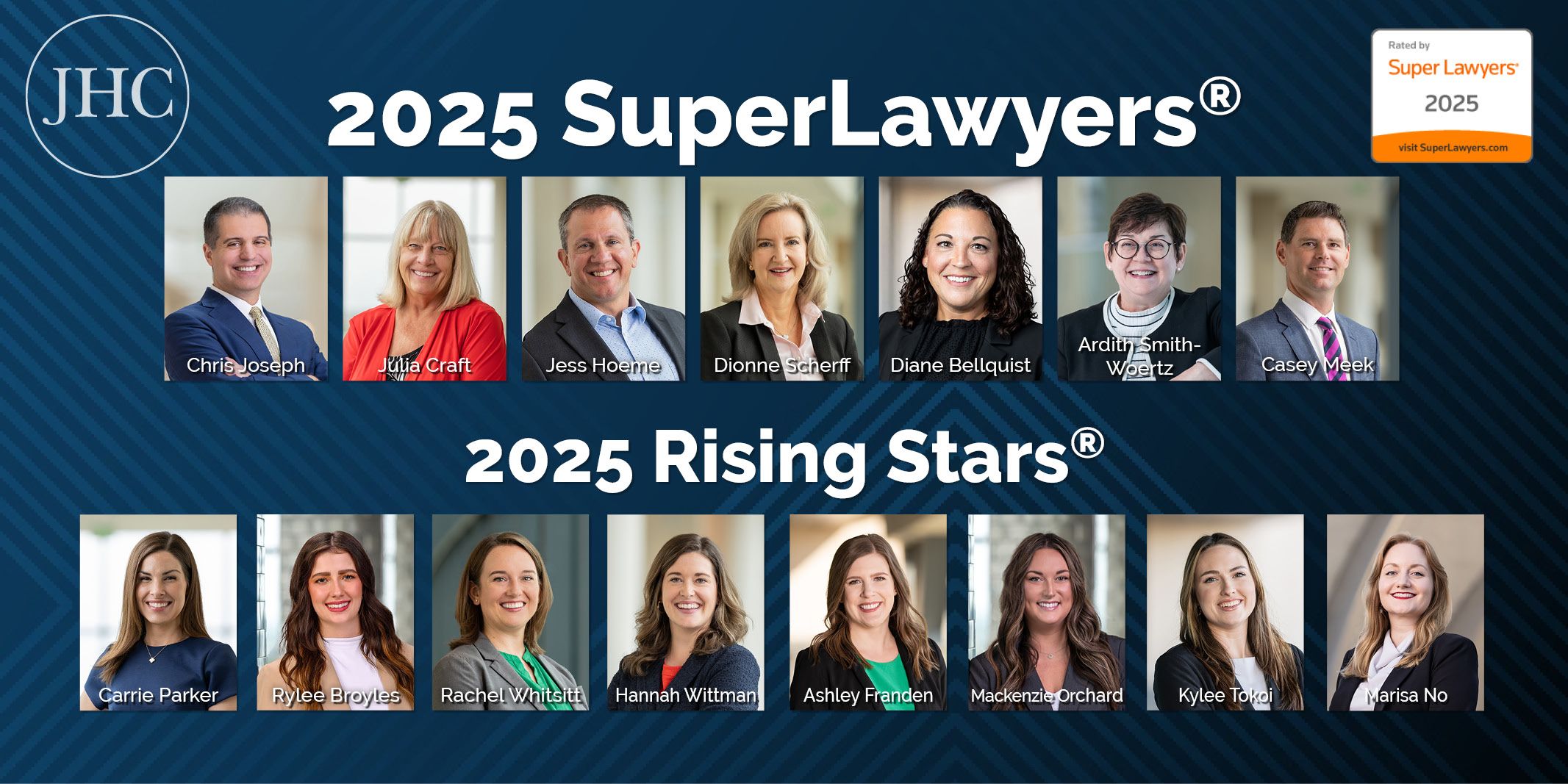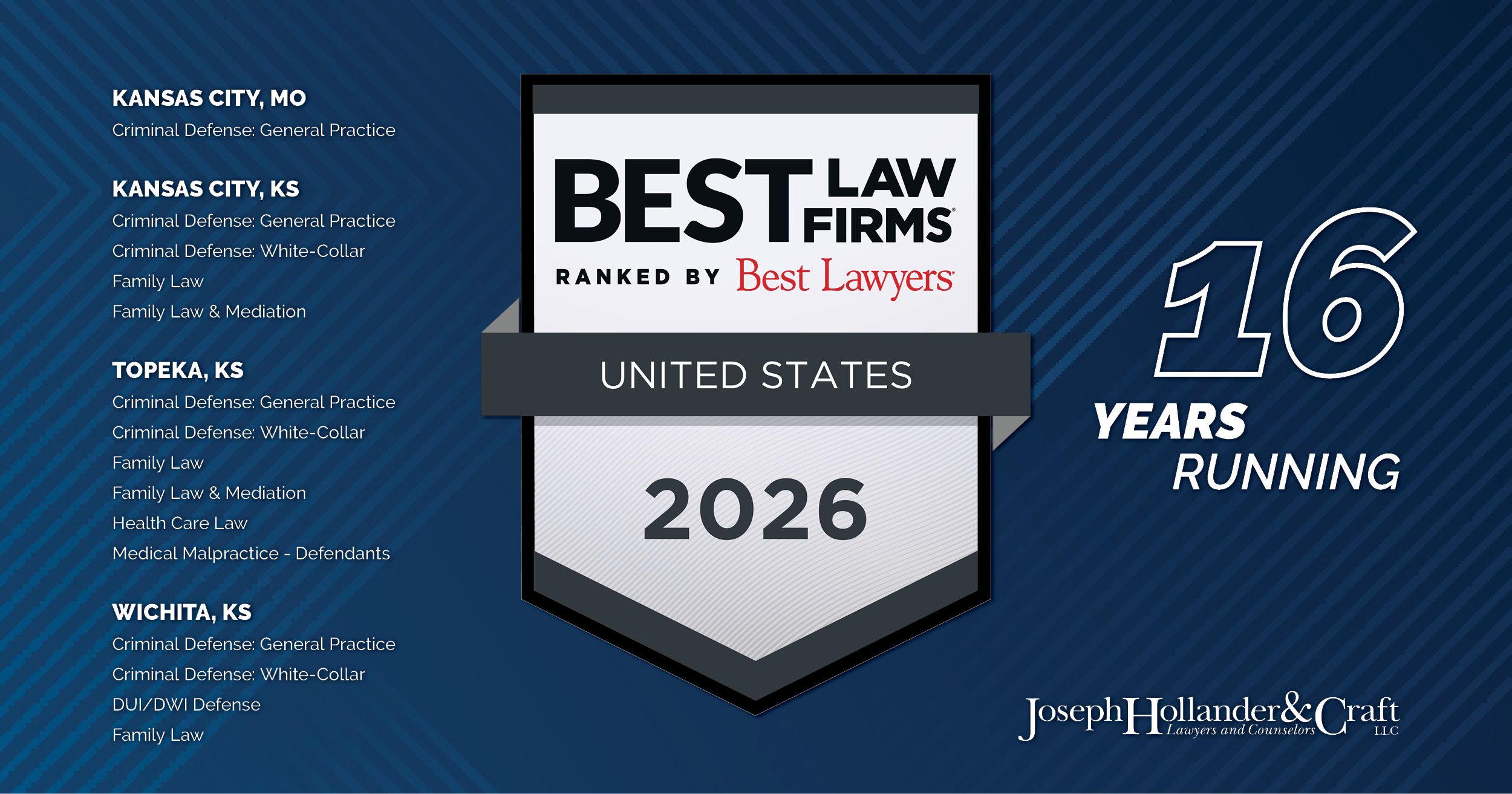New Authority on Technology: Kansas Courts’ “Security Incident”
Author: Dr. Michael H. Hoeflich
This article is featured in Volume 4, Number 10 of the Legal Ethics and Malpractice Reporter.
Recently I participated in a Topeka Bar Association CLE on digital and cyber security with Paul Cope and Diane Bellquist. The CLE—scheduled several weeks before—happened to fall one week after a “security incident” that had made it impossible to use Kansas courts’ electronic filing system and other online court services. On October 12, 2023, the Kansas Supreme Court had issued Administrative Order 2023-CC-073 stating that these court services were “inaccessible.”
Although there was some amusement expressed at this situation, for the most part the reaction of everyone present was one of serious concern. There was concern about how long discontinuation of the court system’s online services would continue and, also, whether this was just one more incident in a growing problem with our reliance upon online services.
The legal profession has become totally dependent on the internet and connected digital devices. From cell phones to cloud storage to artificial intelligence programs, it is hard to imagine a legal practice or a court not living in the online world. As an historian of legal practice and a “senior citizen,” I am familiar with what practice was like before the internet and most digital devices. It was slower. It was less efficient. Research that today can be done in minutes took hours (thereby costing clients more). But it was also, for the most part, a good deal more secure than it is today. Further, lawyers felt in control of their work and their work product. Rather than email documents, which is inherently insecure, lawyers used the postal service and, when necessary, couriers. Client records were kept in paper files in locked storage areas.
Several years ago, news services reported that the Kremlin had placed an order for a large number of typewriters. The speculation was that President Putin had lost confidence that online communications and digital devices could be secured sufficiently for the most secret data. Thus, he had decided that the most confidential documents would be produced the old way: typewritten on paper. At the time, I remembered reading about a speech given by one of the senior technology entrepreneurs in the 1990s in which he declared “privacy is dead.”
The efficient functioning of the American legal system depends upon the ability to communicate and store information securely. Yet, every day the news carries stories of data breaches, ransomware attacks, and malicious destruction of digital systems. Now, it appears, hospitals and medical centers, universities, law firms, and governmental agencies—including courts—are the focus of many of these attacks.
More and more lawyers and judges find themselves frustrated and feeling helpless to prevent these “incidents.” Indeed, the American Bar Association’s Ethics Opinion 483 deals primarily with being prepared for cyberattacks and outlining how law firms must react to them, rather than avoiding them in the first place. There is a sense in this opinion and others that such attacks are inevitable.
Obviously, the continuing problem of cyberattacks on lawyers, law firms, and courts present major ethical risks. These risks are raising the costs of law practice and court administration as both lawyers and courts must spend large amounts on security and, when security fails, measures necessary to mitigate the damage done. Perhaps, it is time to rethink both ethical rules and law firm and court practices to deal with the new world of cyberattacks. And, indeed, it is almost certainly necessary, as Opinion 483 advises, to be adequately prepared for when the inevitable happens.
Twenty years ago, on a visit to San Francisco, I discovered that a U.S. Navy destroyer was not only docked, but was conducting public tours. I thought that it would be fascinating, so I boarded the ship for the tour. The officer in charge took our tour group onto the bridge. I noticed that on a shelf beside all of the high tech equipment there was a WW II vintage tube radio transceiver and a brass sextant that could easily have been found on an eighteenth century sailing ship. I asked the officer whether one of the crew was a history buff. He laughed and said “no.” The transceiver and sextant were there to be used if the high-tech equipment failed and couldn’t be repaired. Better to be safe than sorry.
There is a message there for lawyers and judges as well. It may be time to keep a spare typewriter and fax machine connected to a telephone landline in reserve, along with the number of a good courier service. And having a few good printed legal texts to use when it becomes impossible to use online research services might not be a bad idea either. The legal profession and judiciary can do business, albeit more slowly and less efficiently, without the Internet. Kansas Supreme Court Administrative Order 2023-CC-073 demonstrates that.
READ THE FULL ISSUE OF LEMR, Vol. 4, No. 10
About Joseph, Hollander & Craft LLC
Joseph, Hollander & Craft is a mid-size law firm representing criminal defense, civil defense, personal injury, and family law clients throughout Kansas and Missouri. From our offices in Kansas City, Lawrence, Overland Park, Topeka and Wichita, our team of 25 attorneys covers a lot of ground, both geographically and professionally.
We defend against life-changing criminal prosecutions. We protect children and property in divorce cases. We pursue relief for clients who have suffered catastrophic injuries or the death of a loved one due to the negligence of others. We fight allegations of professional misconduct against medical and legal practitioners, accountants, real estate agents, and others.
When your business, freedom, property, or career is at stake, you want the attorney standing beside you to be skilled, prepared, and relentless — Ready for Anything, come what may. At JHC, we pride ourselves on offering outstanding legal counsel and representation with the personal attention and professionalism our clients deserve. Learn more about our attorneys and their areas of practice, and locate a JHC office near you.













